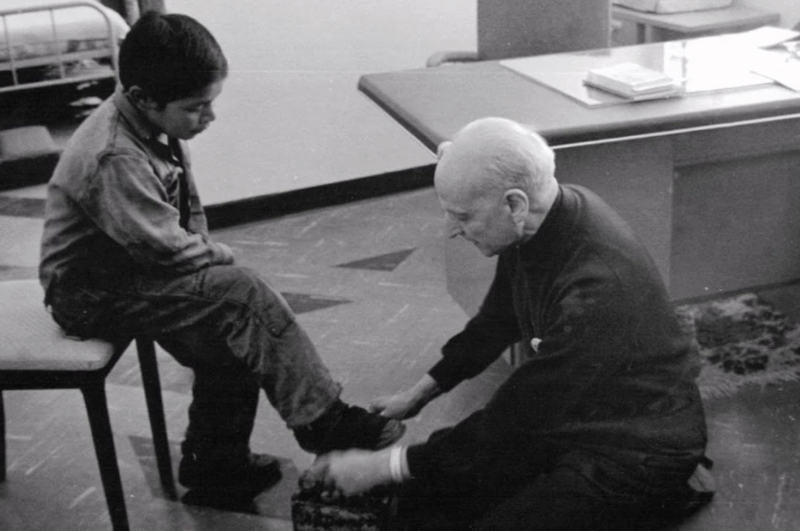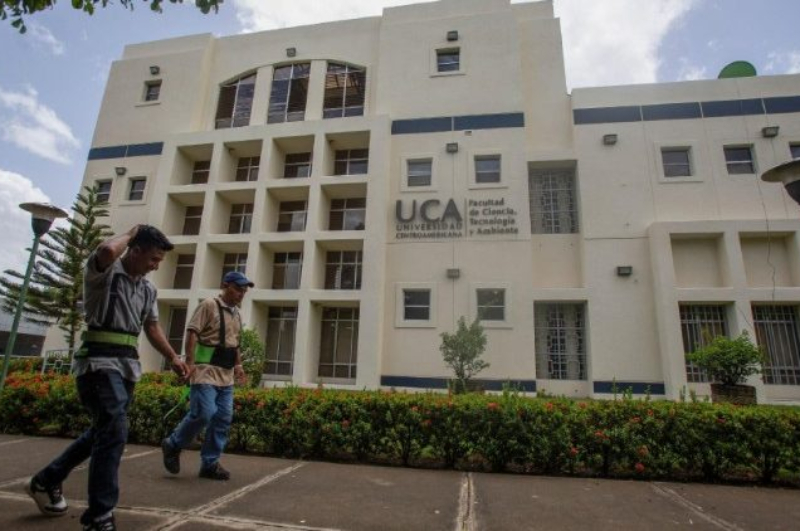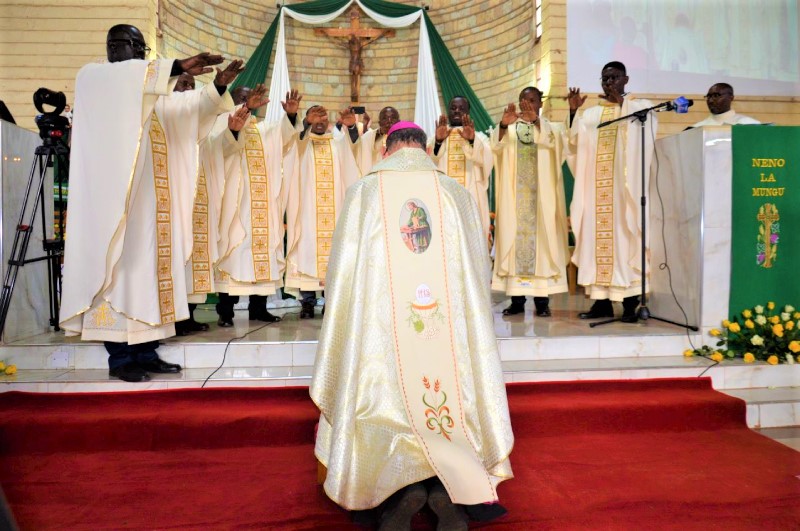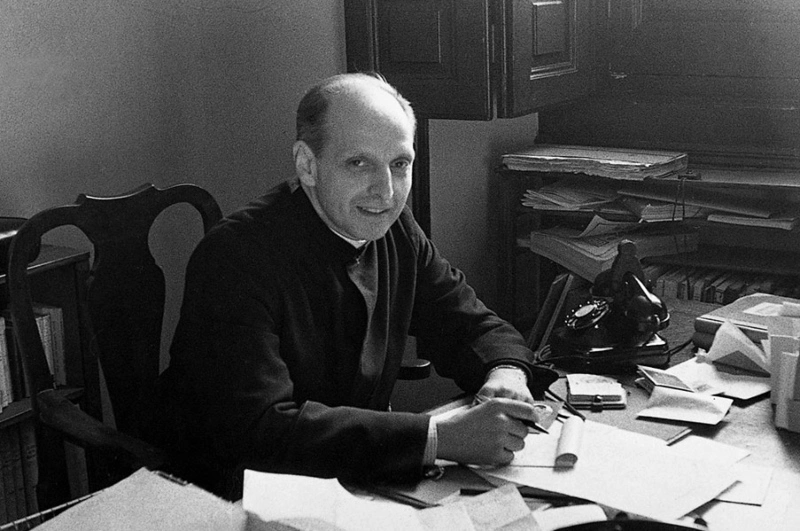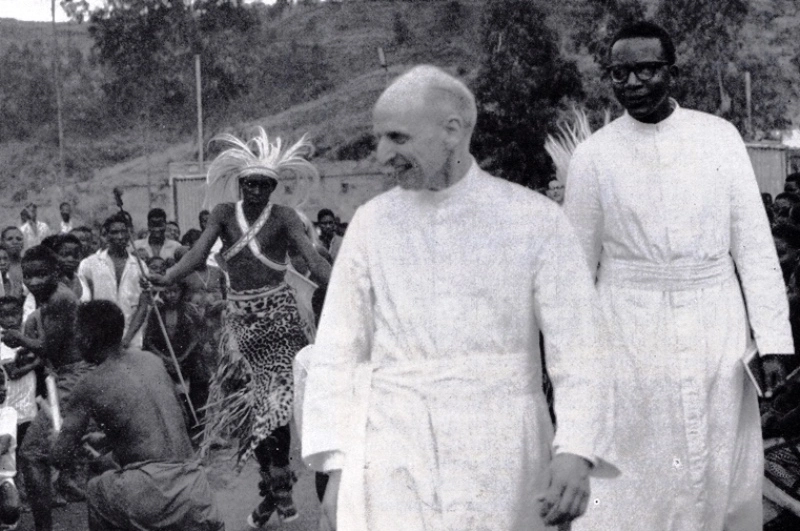

Father Pedro Arrupe, SJ, a towering figure in the history of the Society of Jesus, remains an enduring inspiration for Jesuits and lay collaborators worldwide, including those in Africa.
As Superior General of the Society of Jesus from 1965 to 1983, his leadership ushered in a transformative era for Jesuits, deeply rooted in the ideals of faith, justice, and service. His vision for a Church actively engaged with the modern world profoundly impacted Jesuit missions on the African continent.
A Visionary Leader with a Global Perspective
Born in Bilbao, Spain, in 1907, Arrupe initially pursued medical studies before feeling a call to the priesthood. His early encounters with human suffering, particularly as a medical student, shaped his empathy and commitment to addressing societal injustices. His tenure as Superior General coincided with the Second Vatican Council, a moment of profound renewal within the Church. Arrupe embraced the Council's call for engagement with the modern world, integrating its vision into Jesuit life and ministry.
Under his leadership, Jesuits were called to become "men for others," focusing on education, social justice, and the service of the marginalized. This ethos resonated strongly in Africa, a continent grappling with the legacies of colonialism, economic inequality, and social upheaval.
Impact on Africa
Arrupe’s influence in Africa is particularly evident through his emphasis on education and social justice. Jesuit schools and universities across the continent embraced his call to form leaders who prioritize the common good. Institutions such as Arrupe Jesuit University in Zimbabwe and Hekima University College in Kenya reflect his vision of education as a transformative force.
His establishment of the Jesuit Refugee Service (JRS) in 1980 marked a turning point in Jesuit engagement with displaced and marginalized communities. In Africa, JRS has become a lifeline for millions of refugees and internally displaced persons, providing education, psychosocial support, and advocacy. Arrupe’s commitment to the dignity of every individual is deeply embedded in the mission of JRS, whose work continues to transform lives in regions like South Sudan, the Democratic Republic of Congo, and the Sahel.
Arrupe’s insistence on a faith that does justice also inspired Jesuits in Africa to address systemic issues such as poverty, political corruption, and environmental degradation. His leadership encouraged African Jesuits to engage deeply with their local contexts, promoting collaboration with diverse religious, political, and social actors.
The Path to Sainthood
Arrupe’s profound spiritual life and unwavering commitment to the marginalized have made him a candidate for sainthood. In 2018, the Vatican officially opened his canonization cause, recognizing his reputation for holiness and his impact on the Church. The process involves meticulous examination of his life, virtues, and any miracles attributed to his intercession.
Testimonies from Africa have highlighted his influence in shaping Jesuit missions and ministries across the continent. His dedication to the African people, especially through JRS and Jesuit education, is seen as a testament to his saintly character. The canonization process has also brought renewed attention to his writings, which reflect a deep love for God and humanity.
A Legacy of Hope and Justice
Father Pedro Arrupe’s vision for a faith that actively transforms the world remains a guiding light for Jesuits in Africa. His emphasis on the interconnectedness of faith, education, and social justice continues to inspire new generations to work for a more just and compassionate society.
As the process for his canonization comes to a close as of 14 November 2024, Jesuits and their collaborators worldwide celebrate Arrupe’s life and legacy. In Africa, his impact is not just remembered but lived daily, as Jesuits carry forward his mission of hope, service, and transformation.
Father Arrupe once said, “The Church today needs men able to be witnesses to others.” His life exemplified this call, and his legacy ensures that this witness endures, especially in the heart of Africa.
Related Articles
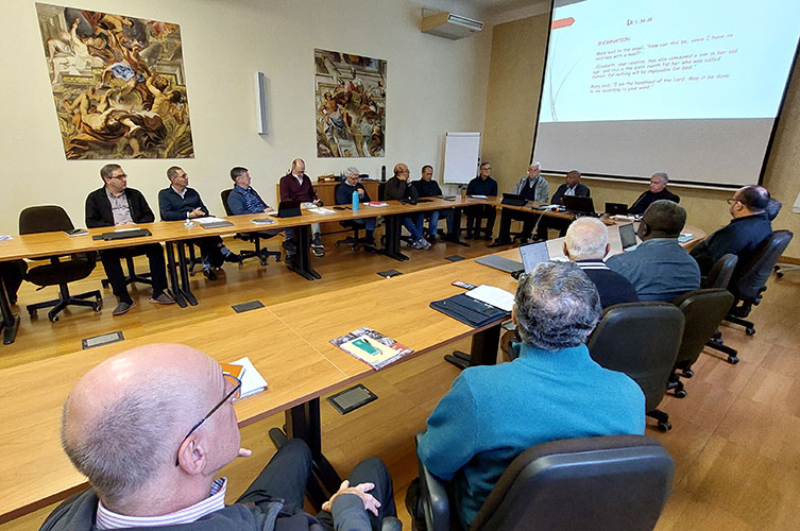
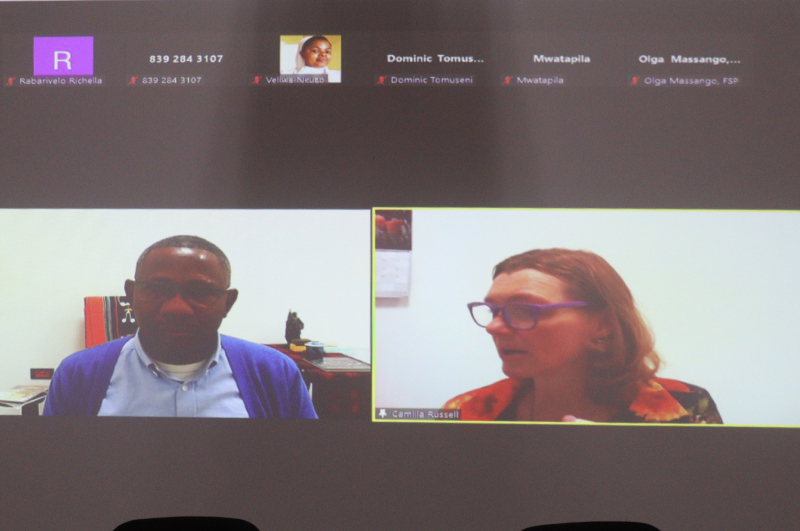
Select Payment Method
Pay by bank transfer
If you wish to make a donation by direct bank transfer please contact Fr Paul Hamill SJ treasurer@jesuits.africa. Fr Paul will get in touch with you about the best method of transfer for you and share account details with you. Donations can be one-off gifts or of any frequency; for example, you might wish to become a regular monthly donor of small amounts; that sort of reliable income can allow for very welcome forward planning in the development of the Society’s works in Africa and Madagascar.
Often it is easier to send a donation to an office within your own country and Fr Paul can advise on how that might be done. In some countries this kind of giving can also be recognised for tax relief and the necessary receipts will be issued.


